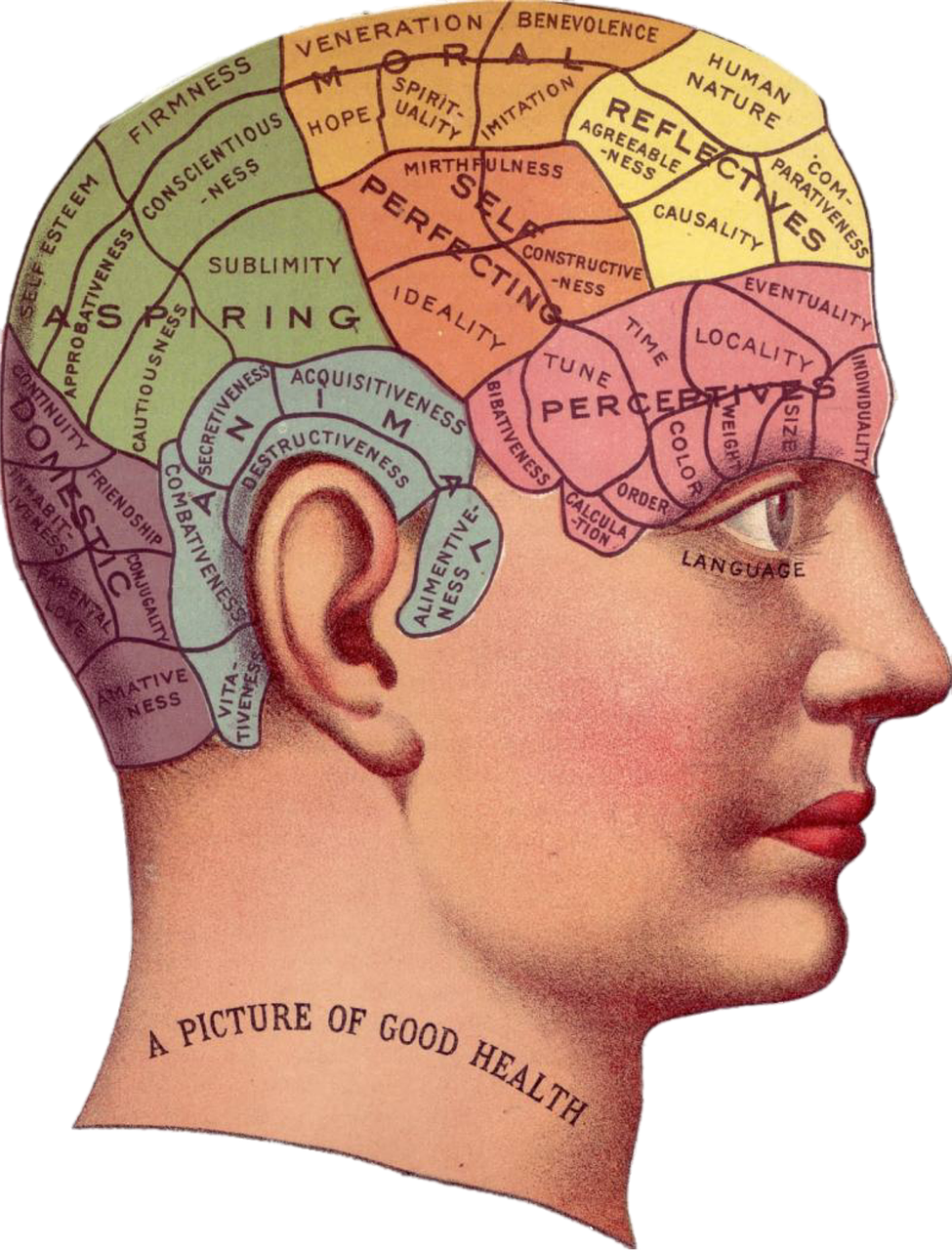John Richards of Durham asks; What is frontotemporal dementia? This has been in the news recently due to the passing of the Monty Python star; Terry Jones. We answer the questions around FTD.
Frontotemporal dementia also known as FTD, is an ucommon type of dementia that affects the front and sides of the brain.
These areas of the brain can affect the personality, behavior and language.
In FTP, amounts of the lobes shrink (atrophy). Symptoms vary from person to person depending on the exact area of the brain thats affected but can include dramtic changes in their personality, they can also become socially inappropriate, impulsive or emotionally indifferent. Some lose the ability to speak and language.
There is currently no known cure for frontotemporal dementia, there is also nothing to slow down the effects of FTP. There are however, treatments that can help control some of the symptoms.
To make a diagnosis of frontotemporal dementia, you may need to go through the following tests:
As assessment of the symptoms, this is done by speaking to people that know you well and can see a difference in your behavourial habits.
An assessment of your mental capabilities may also be undertaken which will involve a number of everyday tasks and questions.
Blood tests can help rule out any changes with similar symptoms.
Lumbar puncture which is where they test the spinal fluid an help rule out Alzheimer’s desease, which can be a cause of the symptoms.
Brain Scans can detect signs of dementia, it can also identify the parts of the brain which are most affected. This is under taken using a MRI Scanner, CT Scan or a PET Scan.




